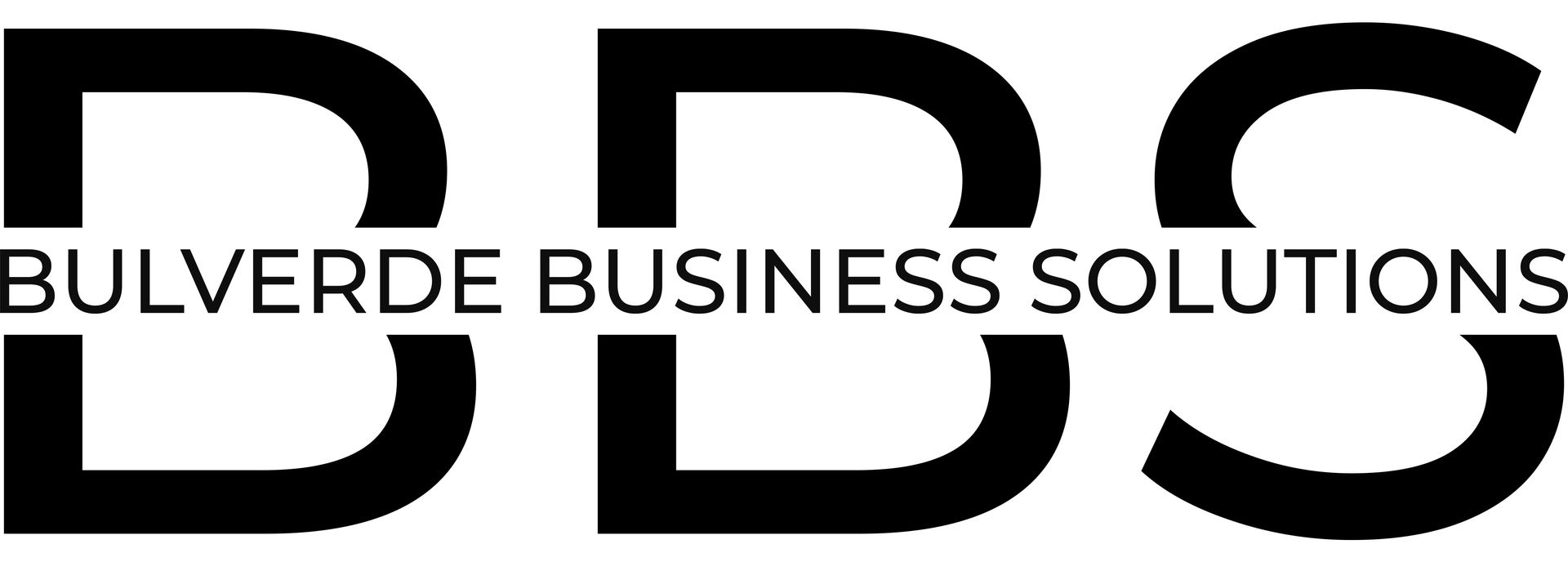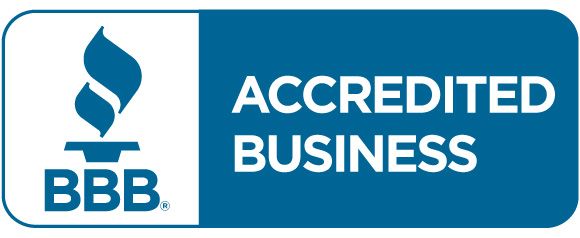How Much Does It Cost to Hire a Bookkeeper?
A Comprehensive Guide for Small Business Owners
Understanding the cost of hiring a bookkeeper is essential for making informed financial decisions as a small business owner. In this comprehensive guide, we'll explore the factors influencing the cost of bookkeeping services and provide insights into determining the right investment for your business's financial management needs.
1. Understanding Bookkeeping Services:
Before delving into the costs, let's clearly understand what bookkeeping services entail. Bookkeepers are critical in recording and organizing all financial transactions within your business, including sales, purchases, expenses, and payments.
Their responsibilities include:
- reconciling bank statements,
- preparing financial statements such as balance sheets and income statements, and
- ensuring compliance with tax laws and regulations.
2. Factors Influencing the Cost of Hiring a Bookkeeper:
Several factors contribute to the overall cost of hiring a bookkeeper for your small business:
- Experience Level: The bookkeeper's experience level significantly impacts their hourly rate or monthly fee. Seasoned professionals with extensive experience in bookkeeping may command higher rates than those who are newer to the field.
- Geographical Location: Your business's geographical location plays a crucial role in determining the cost of bookkeeping services. Urban areas with higher living costs and a demand for skilled professionals may have higher hourly rates than rural or less densely populated regions.
- Complexity of Your Finances: The complexity of your business's financial transactions and reporting requirements directly influences the cost of bookkeeping services. Businesses with multiple revenue streams, complex expense structures, or high transaction volumes may require more extensive bookkeeping services, resulting in higher costs.
- Type of Service Provider: The service provider you choose, whether an individual freelance bookkeeper or a professional bookkeeping agency, can also impact the overall cost. While freelancers may offer competitive rates, agencies may provide a broader range of services and additional resources, albeit at a higher price.
3. Cost Breakdown of Hiring a Bookkeeper:
Now, let's break down the typical costs associated with hiring a bookkeeper:
- Hourly Rates for Freelance Bookkeepers: Freelance bookkeepers typically charge hourly rates ranging from $30 to $100, depending on their experience and geographic location. Rates may vary further based on the specific services required and the complexity of the task.
- Monthly Fees for Bookkeeping Agencies: Professional bookkeeping agencies often offer monthly service packages tailored to the needs of small businesses. Basic packages may start at around $500 per month and cover essential bookkeeping tasks such as transaction recording and bank reconciliation. However, more comprehensive packages that include additional services such as payroll processing or tax preparation can range from $1,000 or more per month.
- Package Deals and Discounts: Some bookkeepers may offer package deals that bundle multiple services together at a discounted rate. These packages often include monthly financial statements, bank reconciliation, payroll processing, and tax filing services for a flat monthly fee, providing cost-effective solutions for small businesses seeking comprehensive financial management support.
4. Assessing the Value of Hiring a Bookkeeper:
While the cost of hiring a bookkeeper may seem like an additional expense, it's essential to assess the value they bring to your business:
- Accuracy and Compliance: Professional bookkeepers ensure accuracy in financial records and compliance with tax laws and regulations, reducing the risk of costly errors or penalties associated with improper financial management.
- Time and Resource Savings: By outsourcing bookkeeping tasks to a skilled professional, you free up valuable time and resources that can be redirected towards core business activities, strategic planning, and growth initiatives.
- Expertise and Advisory Support: Experienced bookkeepers offer valuable insights and financial expertise that can help you make informed business decisions, identify opportunities for improvement, and optimize your financial performance.
In Conclusion:
While the cost of hiring a bookkeeper varies depending on factors such as experience level, geographical location, complexity of finances, and type of service provider, investing in professional bookkeeping services is a strategic decision for small businesses. By ensuring accurate financial management, compliance with regulations, and access to expert advice, bookkeepers play a vital role in supporting business growth and success.
When evaluating bookkeeping service options, consider the cost and value they provide to your business's financial health and long-term viability. Choose a service provider that offers expertise, affordability, and personalized support to meet your unique needs and contribute to your business's success.












